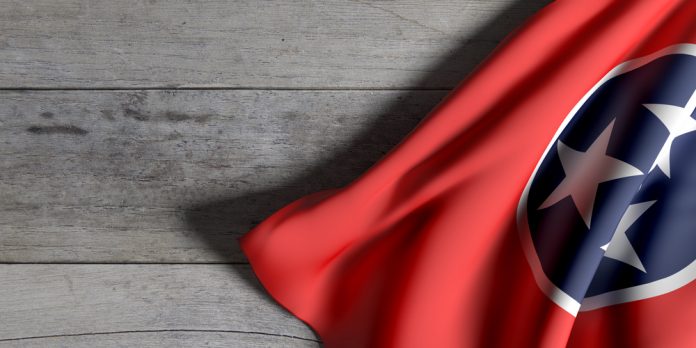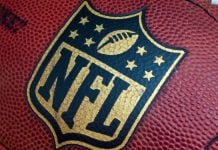Tennessee’s sportsbooks benefited from sports such as NASCAR, tennis, and golf in June to make gains in betting volume and in gross gaming revenue, producing a strong offseason month, according to PlayTenn, which tracks the Volunteer State’s gaming market.
Jessica Welman, an analyst for the PlayUSA.com network, which includes PlayTenn.com, commented: “Tennessee remains in line with much of the country’s other legal sports betting markets, with some positive signs.
“June’s revenue and volume boost shows the industry is still healthy. Not only does it increase tax receipts, but it also better positions sportsbooks as we move closer to the football season.”
Official data released by the Tennessee Education Lottery and Sports Wagering Advisory Council states that bettors wagered $174m at the state’s online sportsbooks in June, up 8% from $161m in May, and it’s the first month-over-month gain since March. The pace of betting increased as well to $5.8m per day in June from $5.2m per day in May.
The state’s sportsbooks generated $18m in gross gaming revenue, up 17% from $15.4m in April, producing $16m in taxable revenue and yielding $3m in tax revenue for the Volunteer State.
Tennessee’s 15.5% decline in betting volume from $206m in March to June is outperforming much of the US. March saw the highest betting volume in US history, with $4.6bn in legal bets placed across the country.
PlayTenn stated that with no football or betting holiday like March Madness, the combined US handle fell to $3.7bn in both April and May, a 19.6% drop from March, and the country’s combined handle in June is on pace for a similar total as April and May.
It noted that the main reason for Tennessee’s June boost is the seasonal change of the sports landscape. Wagers on sports such as golf, tennis, and auto racing are primarily futures bets, which are much more volatile than spread or moneyline wagers that are more typical with major team sports.
Nicole Russo, an analyst for PlayTenn.com, said: “Golf and auto racing are less popular than football with bettors, obviously, but those sports can help sportsbooks offset the dip in interest that occurs every summer.
“They can be critically important in helping to smooth out the natural seasonality of sports betting, and that might be especially true in an Olympics year such as this one.”
PlayTenn noted that the bump in revenue is good news for sportsbooks in more ways than just the profitability of a single month. June’s 10.3% hold — the share of wagers that sportsbooks keep on events that are completed — marks just the second month sportsbooks have met the state’s 10% mandatory hold requirement and the first time since November.
Sportsbooks’ hold of 9.1% since launching in November is short of the threshold, even though it is higher than most regulated markets in the US. It could be a topic for the Sports Wagering Advisory Council as it considers new state regulations.
Russo added: “I would be surprised if the SWAC does not strongly consider a change to the state’s mandatory hold requirement. Since the rule’s inception, it has felt like too high a threshold, and now we are seeing that borne out as the Tennessee market continues to mature.”














